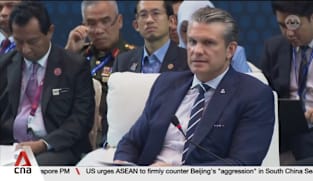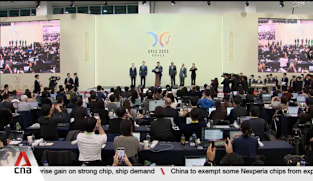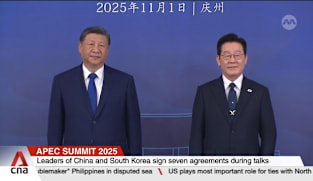Usha Chandradas on Income Tax (Amendment) Bill and Multinational Enterprise (Minimum Tax) Bill
The Multinational Enterprise (Minimum Tax) Bill will bring Singapore in line with international tax standards, introducing a global minimum corporate tax rate of 15 per cent for large multinational enterprises (MNEs). In Parliament on Monday (Oct 14), NMP Usha Chandradas said she supported the move but had some clarifications to seek. Among the questions she asked: How do the new rules fit in with Singapore’s existing tax treaty network? Given that the success of the global framework depends on collective adoption by a critical mass of countries, how might Singapore be affected if it goes ahead but its key trading partners and top economies the US and China do not? Has the Government identified any specific industries or sectors likely to be negatively impacted by the new global minimum tax? If so, has it considered how to mitigate any employment or other losses that might result from MNEs leaving Singapore? How ready are businesses to implement the new rules? With new opportunities that would arise for tax professionals, is the Government committing any resources to training or retraining them to meet demand? Ms Chandradas also pointed out that with the BEPS 2.0 regime, competition for foreign investment will likely no longer be tied to low rates of corporate taxation. Countries will need to present other attractive factors including a high quality of life. On that note, she urged the Government to continue to prioritise the funding and development of a thriving arts and cultural scene.
The Multinational Enterprise (Minimum Tax) Bill will bring Singapore in line with international tax standards, introducing a global minimum corporate tax rate of 15 per cent for large multinational enterprises (MNEs). In Parliament on Monday (Oct 14), NMP Usha Chandradas said she supported the move but had some clarifications to seek. Among the questions she asked: How do the new rules fit in with Singapore’s existing tax treaty network? Given that the success of the global framework depends on collective adoption by a critical mass of countries, how might Singapore be affected if it goes ahead but its key trading partners and top economies the US and China do not? Has the Government identified any specific industries or sectors likely to be negatively impacted by the new global minimum tax? If so, has it considered how to mitigate any employment or other losses that might result from MNEs leaving Singapore? How ready are businesses to implement the new rules? With new opportunities that would arise for tax professionals, is the Government committing any resources to training or retraining them to meet demand? Ms Chandradas also pointed out that with the BEPS 2.0 regime, competition for foreign investment will likely no longer be tied to low rates of corporate taxation. Countries will need to present other attractive factors including a high quality of life. On that note, she urged the Government to continue to prioritise the funding and development of a thriving arts and cultural scene.



















